Publications
Here are some articles written by members of Pharmacy Declares to date:
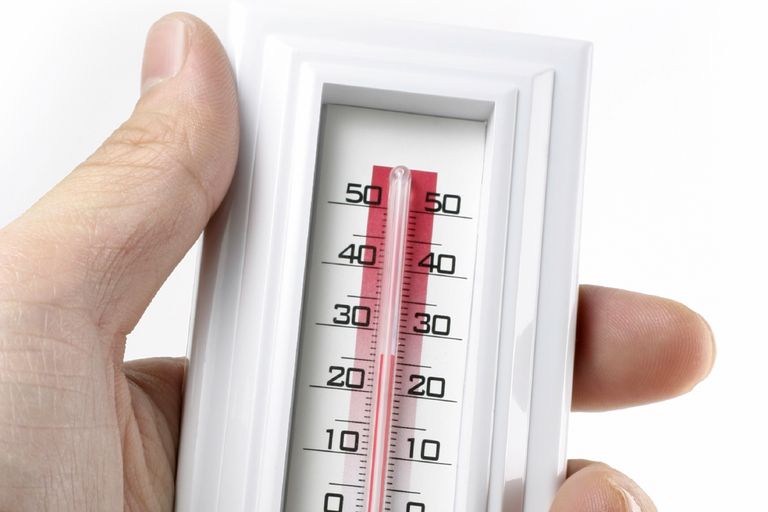
Taking the temperature of embedding environmental sustainability in pharmacy practice
As part of a multidisciplinary leadership development programme, Sarah Cowans surveyed pharmacy colleagues on the barriers and enablers to implementing sustainable initiatives in practice.

The embodied carbon of paracetamol and the consumables associated with different routes of administration in pediatrics
This article summarises the CO2e of different medication forms and routes of administrations.
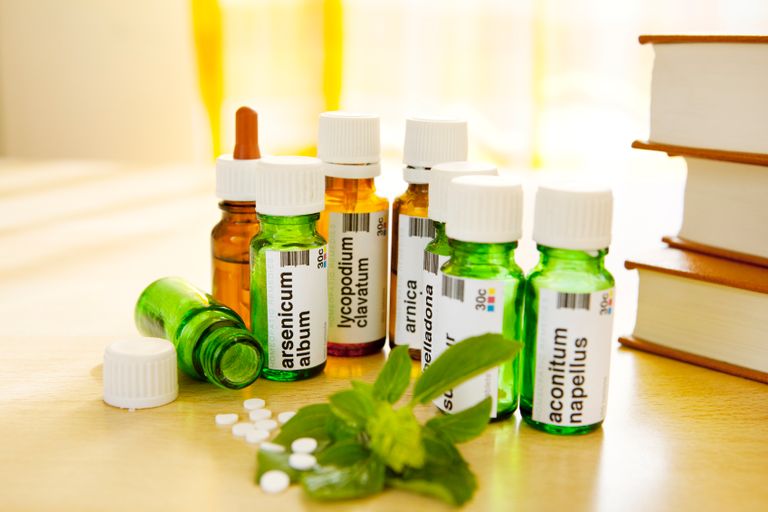
Why learning how to swallow pills is good for patients, parents, and the planet
This article explains how pills are likely to have a reduced environmental impact compared with an equivalent dose of liquid medication, with less packaging and less wasted medicine.
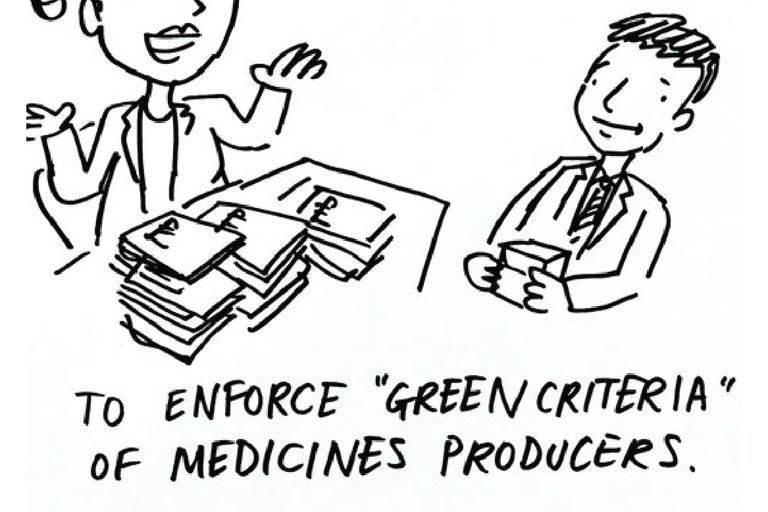
The urgent need for designing greener drugs
This article outlined how urgent action is needed to design greener drugs that maintain efficacy but also minimize environmental impact.
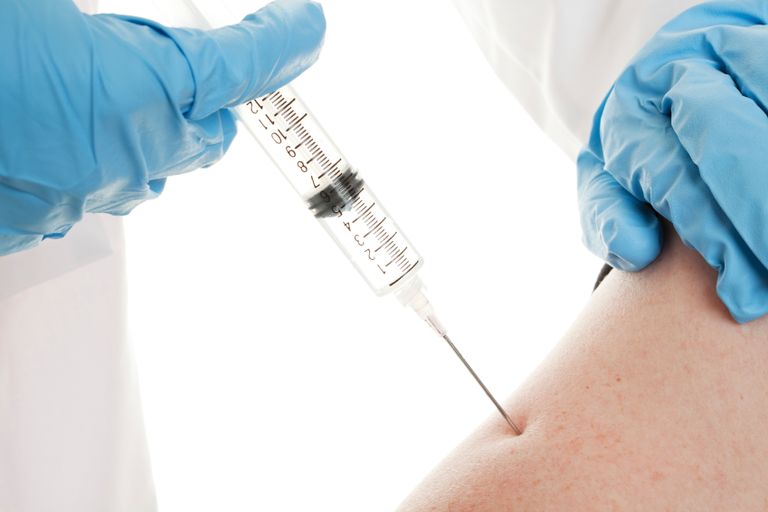
Sustainable practice: Prescribing oral over intravenous medications
This article published in the BMJ outlines the environmental benefits of oral over intravenous medications, and offers pointers on how to safely embed appropriate prescribing and intravenous to oral switches (IVOS) into clinical practice.

Improving Antimicrobial Use to Protect the Environment: What Is the Role of Infection Specialists?
This article explores the meaning of environmental sustainability and four sustainability principles (prevention, patient engagement, lean service delivery, and low carbon alternatives) that infection specialists can apply to support environmental sustainability in health systems.
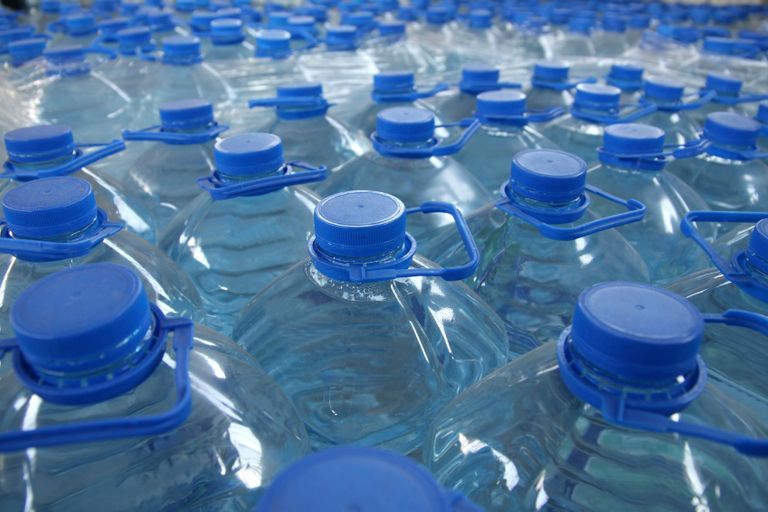
Tackling pharmacy’s reliance on single-use plastic
Click here to read the 2nd article published by Sam Coombes on how a project has resulted in annual savings of 300,000 pieces of single-use plastic across two large acute NHS trusts.
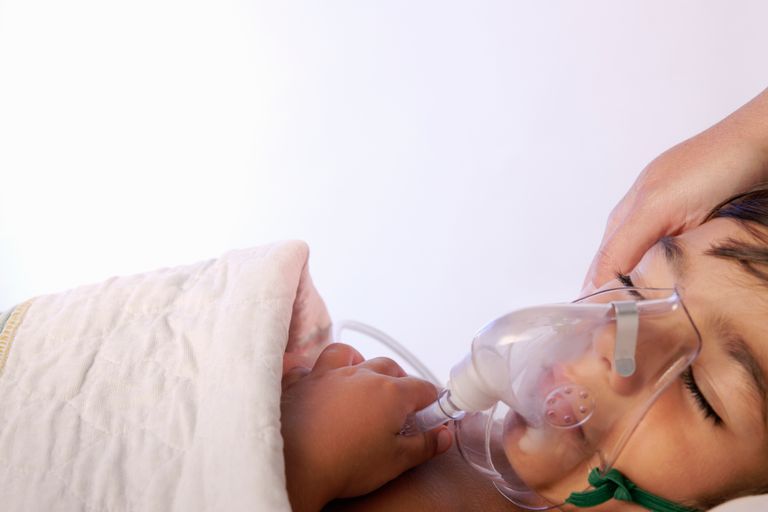
Nitrous oxide could be harming people as much as the planet
Click here to read the article published by Laura Stevenson on why healthcare workers have a duty to act now to prevent nitrous oxide waste.

First, do no harm: time for a systems approach to address the problem of health-care-derived pharmaceutical pollution
Click here to read the article published in The Lancet Planetary Health co-authored by Sharon Pfleger and Wendy Tyler-Batt.

Climate leadership demands weighing and owning risk: lessons from anaesthesia
Anaesthetists have owned the climate crisis by driving down clinical emissions in their practice, it is time the rest of the healthcare profession does the same.
Click here to read article by Alifia Chakera.

Greener practice: a whole team approach to improved sustainability
Clinical pharmacist Wendy Tyler-Batt describes the potential impact of the Green Impact for Health scheme in reducing the carbon footprint of medicines.
Click here to read article.
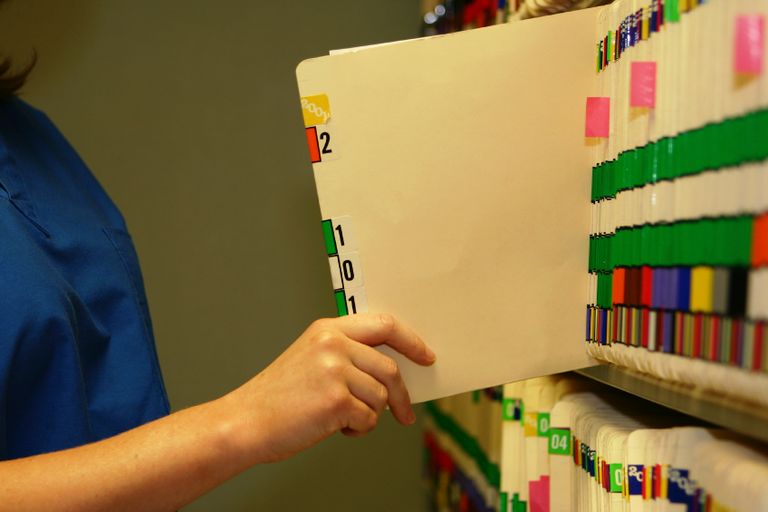
What Can Pharmacy Teams in General Practice Do to Help Create a Greener NHS?
Pharmacy teams use their expertise in medicines optimisation to obtain the best health outcomes for people through the use of medicines; in many cases, this can also deliver sustainability gains and have distinct environmental benefits.
Click here to read article by Muhammad Siddiqur Rahman, Nuala Hampson & Wendy Tyler-Batt.

Creating momentum for climate action — start with a story
By developing the #GreenerTeam, Nuala Hampson has been able to rally support from colleagues and drive change in reducing the environmental impact at the Centre for Pharmacy Postgraduate Education.
Click here to read.

Substance use and the environment: time for pharmacy to step up
Click here to read the article by Roz Gittins, Katherine Watkinson & Steve Rolles explaining how pharmacy has the ability to better support people who use substances, while simultaneously acting sustainably.

Our addiction to cheap generic medicines makes a mockery of the NHS’s green ambitions
Click here to read the article by Mike Hannay explaining why the NHS needs to stop turning a blind eye to the carbon footprint of generic medicines and review its procurement processes.
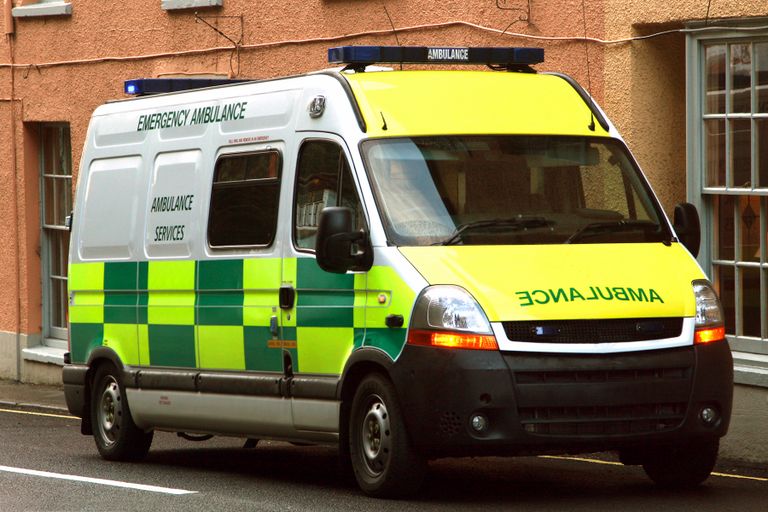
How will the NHS get to ‘net zero’?
Click here to read the article by Tracy Lyons et al. to outline six ways the NHS is planning to reduce its carbon emissions, with analysis of draft green plans from NHS trusts.
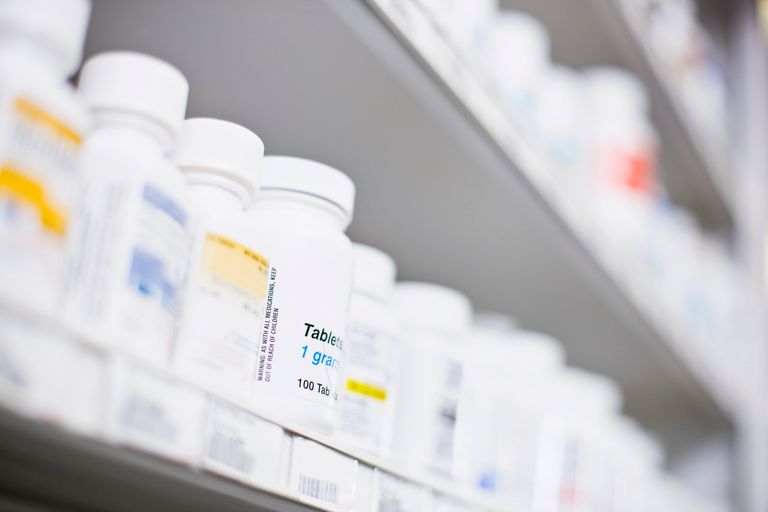
Environmental impact ratings that could drive positive environmental changes in the manufacture and use of pharmaceuticals
Click here to read the article by Tracy Lyons et al. to propose an Environmental Impact Rating (EIR) system for NHS pharmaceutical manufacturers, based on the environmental impact of their products.

Pharmacy must declare a climate emergency
The medical and nursing professions knowing their duty to human health have spoken out against the threat of the climate crisis. It’s time for pharmacy to stand up too.
Click here to read the PJ article by Tracy Lyons.

Chemotherapy is harming the environment
Healthcare inevitably contributes to the global carbon footprint, but a more focused effort is needed to minimise the environmental impact of cancer chemotherapy.
Click here to read the PJ article by Andy Walker & Suhani Ghiya.

Becoming a 'change agent': 6 ways pharmacists can help make their workplace greener
Minna Eii on pharmacy's responsibility to reduce its impact on climate change and become more sustainable..
Click here to read the PJ article.

Driving down embedded emissions from medical nitrous oxide
Introducing a sustainability variable into NHS procurement and intervention decisions could reduce healthcare’s climate impact, writes Alifia Chakera.
Click here to read the BMJ article.

Pharmacists still have time to help mitigate the effects of climate change
Climate change is one of the biggest global health threats. Angela Alexander looks at how pharmacists might reduce their carbon footprint professionally and personally.
Click here to read the PJ article by Professor Angela Alexander.

How we faced our shocking plastic culture & eradicated our most commonly used single-use items in pharmacy
In October 2019, NHS Supply Chain backed an NHS pledge to dramatically reduce the amount of single-use plastic used across the NHS. Why is plastic still seen as such an acceptable material for use in the clinical environment, but so unacceptable elsewhere?
Click here to read the PJ article by Sam Coombes.
Relevant Websites & Journals
Useful resources to cite relating to environment sustainability in Pharmacy.
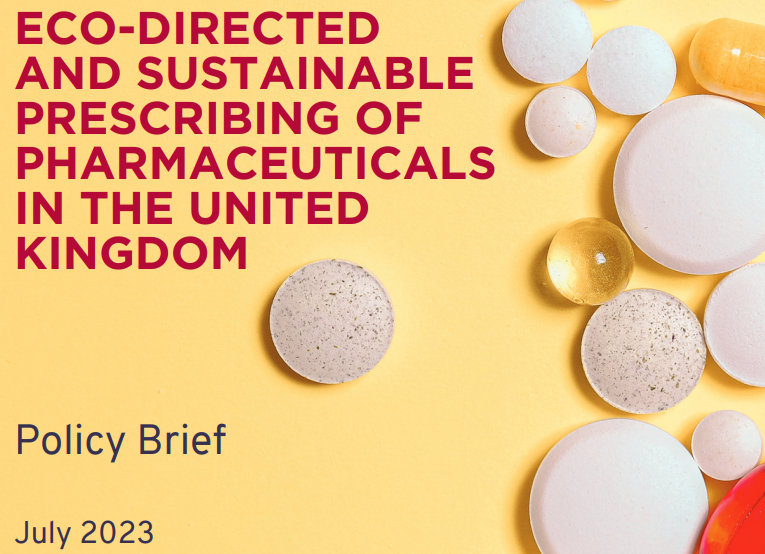
Policy Brief 2023
Eco-directed and sustainable prescribing of pharmaceuticals in United Kingdom policy brief by Office of Baroness Bennett of Manor Castle.

Green Pharmacy Practice
The International Pharmaceutical Federation (FIP) Statement 2015 on taking responsibility for environmental impact of medicines.

EHMA White Paper
Reducing the environmental impact of medicines from procurement to disposal by European Health Management Association.

Liquid vs Tablets
Comparing the environmental impacts of paracetamol dosage forms using life cycle assessment.

Low Carbon inhalers
Costs of switching to low global warming potential inhalers. An economic and carbon footprint analysis of NHS prescription data in England. BMJ Open

Inhalers Recycling
Understanding the feasibility and environmental effectiveness of a pilot postal inhaler recovery and recycling scheme.
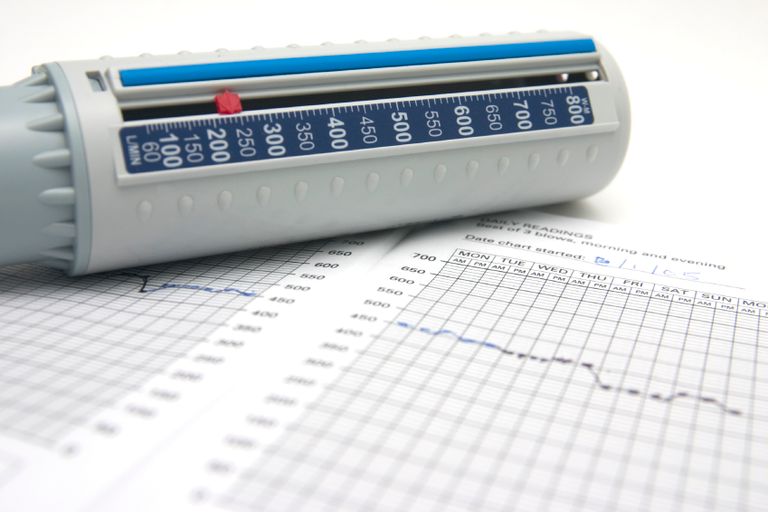
Can't switch to DPIs?
High inhaler resistance does not limit successful inspiratory maneuver among patients with asthma or COPD.

Travel CO2e Calculator
Centre for Sustainable Healthcare's Travel Greenhouse Gas (GHG) Emissions Calculator

Medicines Reuse
Towards Medicines Reuse: A Narrative Review of the Different Therapeutic Classes and Dosage Forms of Medication Waste in Different Countries.

Morphine LCA
The Environmental footprint of morphine: a life cycle assessment from opium poppy farming to the packaged drug.

Medicines disposal
Household Disposal of Pharmaceuticals as a Pathway for Aquatic Contamination in the United Kingdom.
Audio Podcasts
Listen to some of Pharmacy Declares's members recorded podcasts:
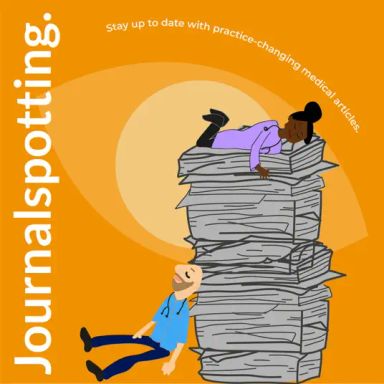
Journal Spotting
ClimateZone host Dr LJ Smith discusses the role of pharmacy with the Tracy Lyons and Minna Eii.

Chemist + Druggist
Listen to Tracy Lyons chatting to Emily Stearn at C+D about her career and how she's helping pharmacy become greener.
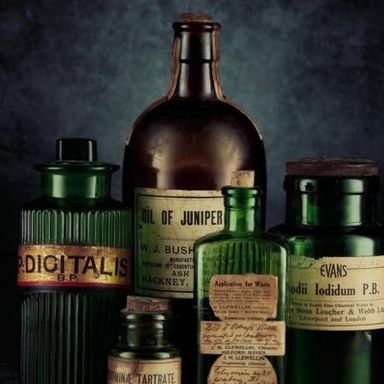
Aural Apothecary
Listen to Tracy Lyons chatting about planetary health with STC, Gimmo & Jamie in the popular pharmacy podcast series.

Pharmacy in Practice
Listen to Minna Eii chat to Johnathan Laird at Practice in Pharmacy Future Pharmacist Conference about the future role of the pharmacist in tackling the climate crisis.
Further reading
For further reading, we recommend checking out the Pharmaceutical Journal Green Pharmacy page and NHS Health Education England's recommended learning.
Subscribe to NHS Hampshire Healthcare Library Service - Sustainability in Healthcare Bulletins.
Check out the GLOBAL MONITORING OF PHARMACEUTICALS project which aims to better understand the extent and drivers of the medicinal contamination of freshwater worldwide.

Donate old BNFs
The PharmAid Scheme is an initiative of the Commonwealth Pharmacists Association where recent versions of medicines information resources including the BNF are redistributed to low and middle-income countries. You can make a difference in another Commonwealth country by simply donating your old BNF copies to them. For more information on this scheme see commonwealthpharmacy.org/what-we-do/pharmaid/. If you would like to donate your copy, email: admin@commonwealthpharmacy.org.

